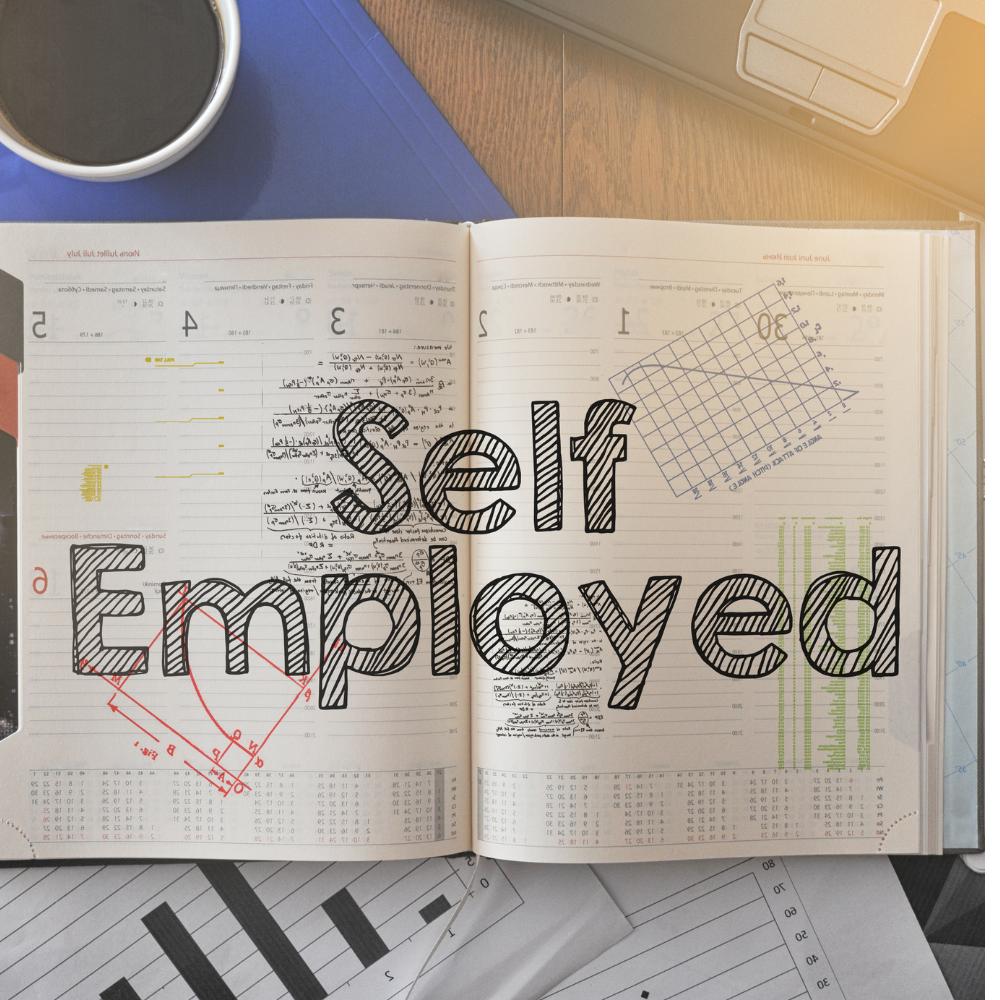
When applying for a mortgage in the UK, the term “self-employed” usually refers to people who run their own business or work as a freelancer, contractor, or consultant instead of being employed by someone else.
Common self-employment scenarios include:
Sole traders: Individuals who operate a business as the sole owner, without incorporating it, are considered self-employed.
Partnerships: If you’re part of a business partnership, you’re considered self-employed if you have an ownership stake in the business and receive a share of the profits.
Limited companies: You are self-employed if you are a director or shareholder in a limited company and make money from dividends or a salary. Lenders will usually consider you self-employed when you apply for a mortgage if you own more than 20% of the business from which your main income comes.
Freelancers and contractors: Individuals who work on a project-by-project or contract basis for multiple clients or companies, without being employees are considered self-employed.
Gig economy workers: If you earn income through gig economy platforms like Uber, Deliveroo, or freelance marketplaces, you’re considered self-employed. For Uber drivers: According to Supreme Court rules, Uber drivers are employees, not self-employed, but you may still be self-employed; please consult with your accountant to confirm.
Commission-based workers: People who make most of their money from sales commissions or payments based on how well they do their jobs may be considered self-employed, depending on how they are paid and how they work.
When applying for a mortgage in the UK, self-employed individuals need to provide additional documentation to prove their income stability and financial viability. This may include:
SA302 forms: An SA302 form is a summary of your annual tax calculation provided by HM Revenue and Customs (HMRC). Lenders usually ask for SA302s from the last two or three years.
Tax year overviews: These documents show the total income reported to HMRC and the tax due for a specific tax year. You can obtain this document from your online HMRC account.
Company accounts: If you’re a director or shareholder in a limited company, you may be asked to provide your company’s financial accounts, which should be prepared by a certified accountant.
Bank statements: Lenders may request bank statements to verify your income and assess your spending habits.
Final Thoughts
It’s important to remember that each lender may have different requirements for people who want to get a mortgage and are self-employed. A mortgage broker can help you figure out how to fill out the application and find a lender that fits your needs.
Get a free initial consultation from a mortgage broker.
Related articles:
Top Tips for a Successful Bad Credit Mortgage Application
Leveraging Mortgage Brokers to Find the Bad Credit Mortgages
10 Important Factors to Consider Before Remortgaging Your Property
Navigating the Self-Employed Mortgage Landscape: Are They More Expensive in the UK?
Tips for First-Time Buyers: Navigating the Mortgage Process with Ease
Credit Reference Agencies: Their Role in Bad Credit Mortgage Decisions
How Does Remortgaging Work? A Comprehensive Guide
Can I still get a mortgage in the UK with a low credit score or a history of late payments?
